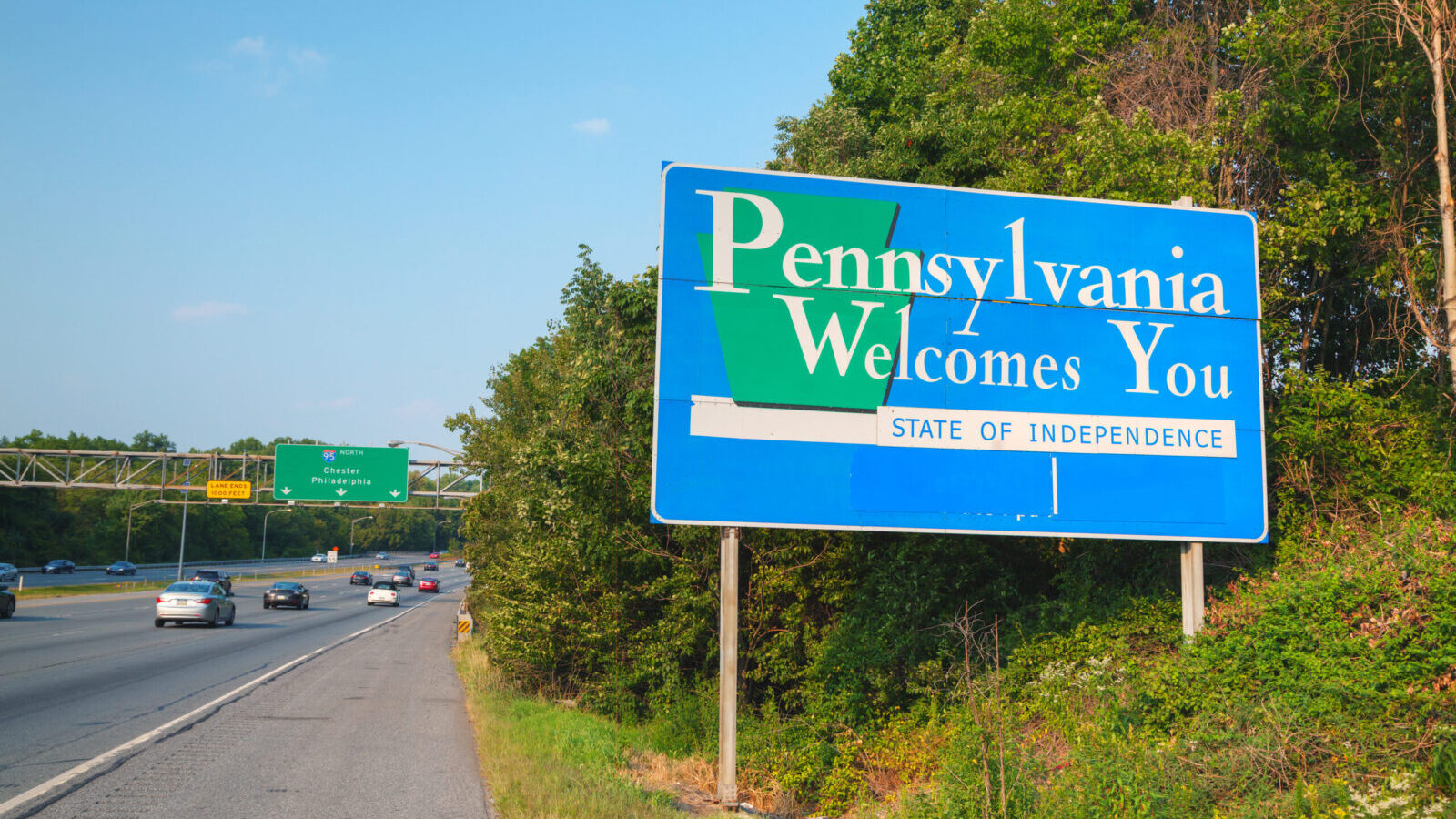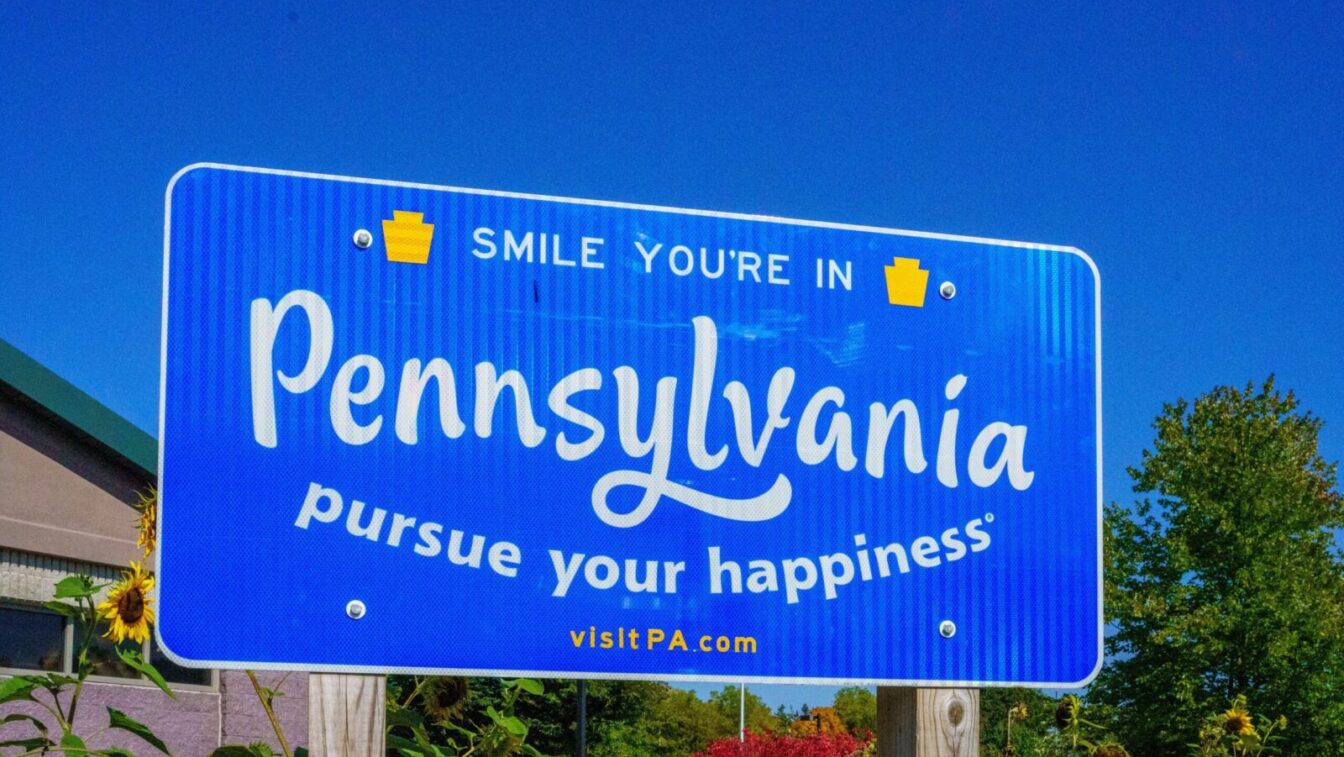Pennsylvania Gaming Control Board Reports Record Revenue, Progress On Diversity
The state’s annual report shows gambling industry continues to boost its economy
2 min

The Pennsylvania Gaming Control Board (PGCB) has released its 18th Annual Report, offering an in-depth look at the state’s gaming industry over the 2023-2024 fiscal year. The report highlights another record-setting year for gaming in Pennsylvania, as revenues from slot machines, table games, sports wagering, online gaming, fantasy sports contests, and video gaming terminals (VGTs) at truck stops reached unprecedented levels.
Over the past three years, Pennsylvania’s gambling ecosystem has seen significant growth and evolution, driven largely by the expansion of online gaming and sports betting. By 2021, the growth of online casinos and sports betting apps brought in substantial new revenue streams, positioning Pennsylvania as one of the largest gambling markets in the U.S.
One of the key points in the Annual Report is the revenue breakdown across various gaming platforms. Pennsylvania’s gaming industry, which may or may not eventually include so-called “skill games,” generated a total of $5.89 billion in revenue over the most recent fiscal year, marking another high-water mark for the sector. Of that total, $2.54 billion was returned to the state in tax revenues.
The PGCB’s regulation of 17 land-based casinos, 18 retail sports wagering locations, 12 online sports wagering sites, 22 iGaming platforms, 74 truck stop establishments with VGTs, and nine online fantasy sports sites has created a broad gambling landscape.
Dedicated focus on responsible gambling
The PGCB’s report also highlights its ongoing commitment to ensuring responsible gambling practices and preventing underage exposure to gaming environments. One of the standout sections details efforts to curb instances of adults gambling while leaving minors unattended.
The report emphasizes the importance of protecting vulnerable populations and ensuring that gambling activities are conducted safely. The PGCB’s Self-Exclusion Program, which allows individuals to voluntarily ban themselves from all gambling activities in the state, continues to be a core component of its problem gambling mitigation efforts.
Established in 2004 through the passage of the Pennsylvania Race Horse Development and Gaming Act, the PGCB has overseen the exponential growth of the gaming industry in Pennsylvania, which now supports nearly 16,000 jobs across various casinos and related businesses.
Additionally, the taxes derived from gaming activities fund numerous public services, including education, tax relief, economic development and tourism.
PA gaming a diversified ecosystem
Alongside its Annual Report, the PGCB also released its 17th Annual Diversity Report, which details the efforts made by Pennsylvania’s casinos to promote diversity and inclusion in the gaming industry. According to the report, the state’s 17 casinos collectively employed 15,857 individuals at the close of the 2023-2024 fiscal year, with 89.8% of those employees being residents of Pennsylvania.
Among the workforce, 41.4% identified as racial minorities and 41.6% were female, highlighting the industry’s growing commitment to diversity.
The report also details how casinos are prioritizing business relationships with local vendors. In 2023-2024, 50.8% of the $1.05 billion spent by casinos on construction and non-construction purchases went to businesses located near the casino facilities.
The diversity efforts reflect a broader mandate from the PGCB to ensure that the gaming industry represents the population it serves and provides equal opportunities for all Pennsylvanians. The Board explained that it continues to work closely with casino operators to enhance the representation of diverse groups, including women, racial minorities, veterans, and individuals with disabilities, in all aspects of the gaming sector.





